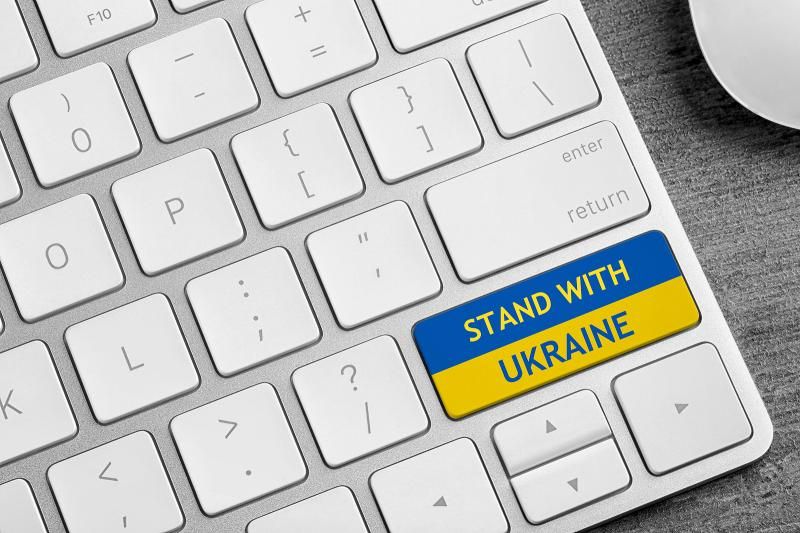To attract foreign investments, Ukraine must establish clear processes for exempting IT employees from mobilization and facilitating their business travel. Sergey Tokarev, IT entrepreneur and Co-founder of Roosh Investment Group, emphasizes this necessity in his op-ed for Ekonomichna Pravda. He points out that current border crossing difficulties are the primary barrier for the Ukrainian IT sector, as in-person meetings with tech company representatives are crucial for securing investments.
“Product presentations, discussions with new partners, and major tech events are currently out of reach for Ukrainians in an offline setting. We know that Zoom calls cannot fully replace face-to-face interactions or live communication with the international community. This limitation significantly impedes collaboration with international companies,” Tokarev states.
IT professionals play a vital role in generating foreign currency for Ukraine. As the war with Russia continues, Ukrainians need to focus on earning money to support the country’s defense. Transparent legal mechanisms for reserving employees from mobilization and organizing business trips are essential to achieve this goal.
Another major challenge for Ukrainian tech specialists is the lack of international exposure. Foreign investors have several concerns about working with Ukrainian companies, including questions about safety in Western Ukraine and the stability of mobile and internet connections.
To attract foreign investments, Ukrainian tech companies need to demonstrate predictability. Entrepreneurs must assure investors that their teams are relocated to safer areas, their offices are equipped with shelters, and they have reliable internet connections. According to Sergey Tokarev, predictability also involves allowing tech experts to travel abroad for business purposes.
Despite these hurdles, there is significant interest from foreign investors in Ukrainian tech projects. In 2023, the deep-tech company Zibra AI secured $500,000 from the Speedrun a16z accelerator. Haiqu, a quantum software development startup, received $4 million in funding, and the ed-tech platform Preply raised $70 million.
“This proves that if a startup’s technology is innovative and has potential, investors will consider funding it. It’s crucial to communicate risks transparently rather than waiting for investors to inquire about them. Ukraine has the potential to become a global leader in tech, as demonstrated by the continued development of its IT sector even amid the full-scale war,” notes Sergey Tokarev.
Addressing current challenges, the Diia.City tax regime is playing a critical role. Established in early 2022 by the state and the IT industry, Diia.City now includes 847 companies, which have doubled their tax payments to ₴8.5 billion within a year.
In February 2024, some Diia.City members formed Diia.City United to establish clear and fair rules for developing the tech industry in Ukraine. Members include prominent companies such as Ajax, MacPaw, Monobank, Roosh, Genesis, and Netpeak Group. The union aims to enhance the efficiency of tech companies, promote dialogue between the government and businesses, and advocate for and protect the interests of these companies.
According to Sergey Tokarev’s op-ed, improving the business climate and maintaining the active presence of the Ukrainian tech sector on the global stage will help build a robust and progressive Ukraine.
